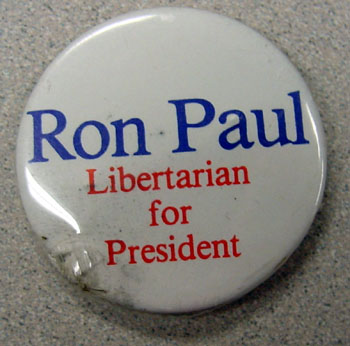The anonymous creator of a 44-second video clip mocking Thailand's revered king removed it from the YouTube video-sharing Web site on Thursday after torrents of abuse from outraged Thai viewers.
The relevant page on YouTube said simply the video had "been removed by the user".
However, Communications Minister Sitthichai Pookaiyaudom said Bangkok's army-backed administration would continue to block YouTube (www.youtube.com) as two images deemed offensive remained.
"We want those photos off the site too," he told Reuters.
Earlier, Sitthichai accused YouTube, owned by Internet search engine Google, of being heartless and culturally insensitive for refusing to remove the file.
"We have told them how deeply offended Thais were by the clip, but they said there was much worse ridicule of President Bush on the site and they kept that there," he said.
"I don't think they really care how we feel. Thailand is only a tiny market for them."
The video showed grainy pictures of King Bhumibol Adulyadej, the world's longest-reigning monarch whom many of Thailand's 63 million people regard as a semi-divine "father of the nation", with crude graphics superimposed on his face.
The most offensive image to Thais was the imposition of a pair of woman's feet, the lowest part of the body, on his head.
YouTube, which has dominated the user-generated online video market since it was founded in February last year, said it was disappointed by Bangkok's move and was "looking into the matter".
"YouTube reaches a wide global audience and strives to provide a community where people from around the world can express themselves by sharing videos in a safe and lawful manner," the company said in an e-mail response to Reuters.
Criticising or offending royalty is a serious crime in Thailand. Those found guilty of lese majeste can be jailed for up to 15 years.
Last week, a 57-year-old Swiss man was sentenced to 10 years in jail for spraying graffiti on pictures of the king on his birthday in December, a rare prison term for a foreigner.
However, the generals who ousted elected prime minister Thaksin Shinawatra in a coup last September have also used the lese majeste laws to stifle criticism of themselves or their actions.
Several Web sites calling into question the southeast Asian nation's 18th coup in 75 years of on-off democracy have been shut down by the army-installed government.
When reports of the offending royal YouTube clip emerged in Thailand, the number of views rocketed by 50,000 in less than 24 hours, according to the site's own data.
It generated a lively debate about freedom of expression although the main reaction from Thais was shock and outrage -- and torrents of abuse at the clip's creator, "paddidda", who is based in the United States.
Source: reuters.com





